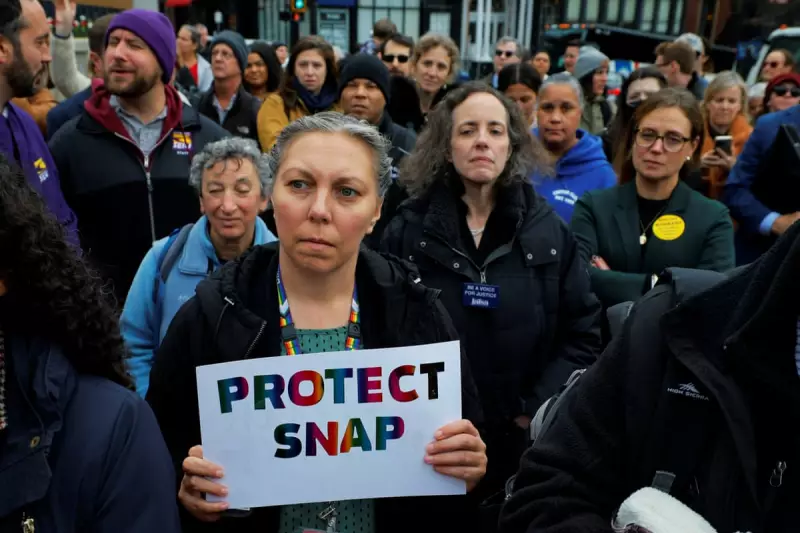
A major legal confrontation has erupted between multiple US states and the Trump administration over controversial changes to the nation's food stamp programme that threaten to remove nutritional assistance from hundreds of thousands of Americans.
Coalition of States Takes a Stand
Led by New York Attorney General Letitia James, a coalition of states including California, Connecticut, Massachusetts, and others have filed a federal lawsuit challenging what they describe as "cruel and unlawful" restrictions to the Supplemental Nutrition Assistance Program (SNAP).
The legal action targets a new rule that would impose stricter work requirements and limit states' ability to waive these mandates in areas with high unemployment. Critics argue this would disproportionately impact vulnerable populations during economic uncertainty.
Impact on Vulnerable Communities
According to the plaintiffs, the administration's rule could eliminate food assistance for approximately 700,000 Americans who rely on SNAP benefits to feed their families. The lawsuit contends this violates both the intent of Congress and the procedural requirements for implementing such significant changes.
"At a time when so many families are struggling to make ends meet, this administration wants to take food off their tables," stated Attorney General James. "We will not stand by while they attempt to bypass Congress to advance their harmful agenda."
Administration's Defence and Broader Context
The Trump administration maintains the changes are necessary to encourage self-sufficiency and direct resources to those most in need. Officials argue that with unemployment at record lows, expanded work requirements are appropriate.
However, legal experts note this represents the latest escalation in a long-running battle between the administration and states over social safety net programmes. The outcome could have significant implications for how nutrition assistance is administered across the United States.
The case is expected to proceed through the federal court system, with both sides preparing for a potentially lengthy legal battle that may ultimately reach the Supreme Court.





